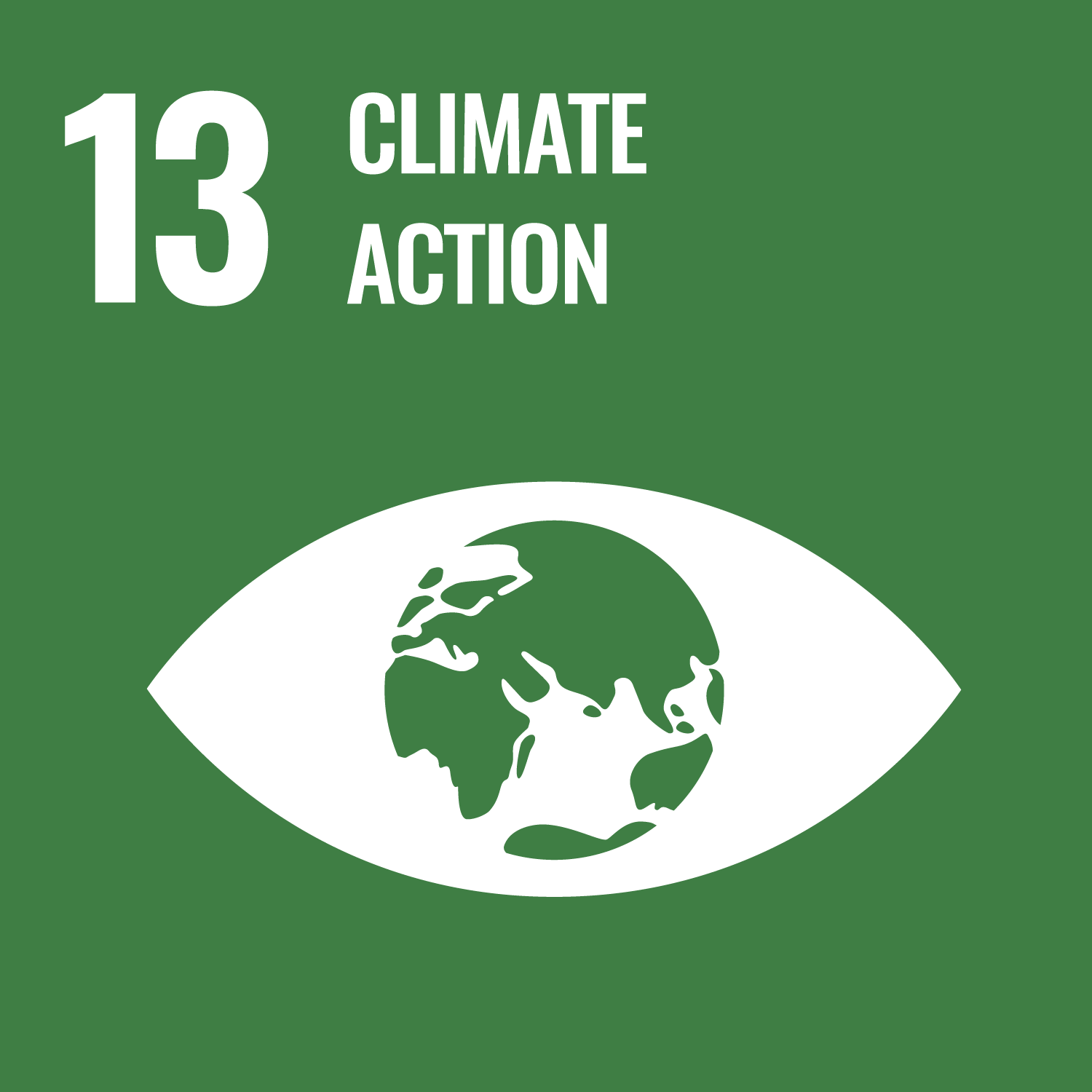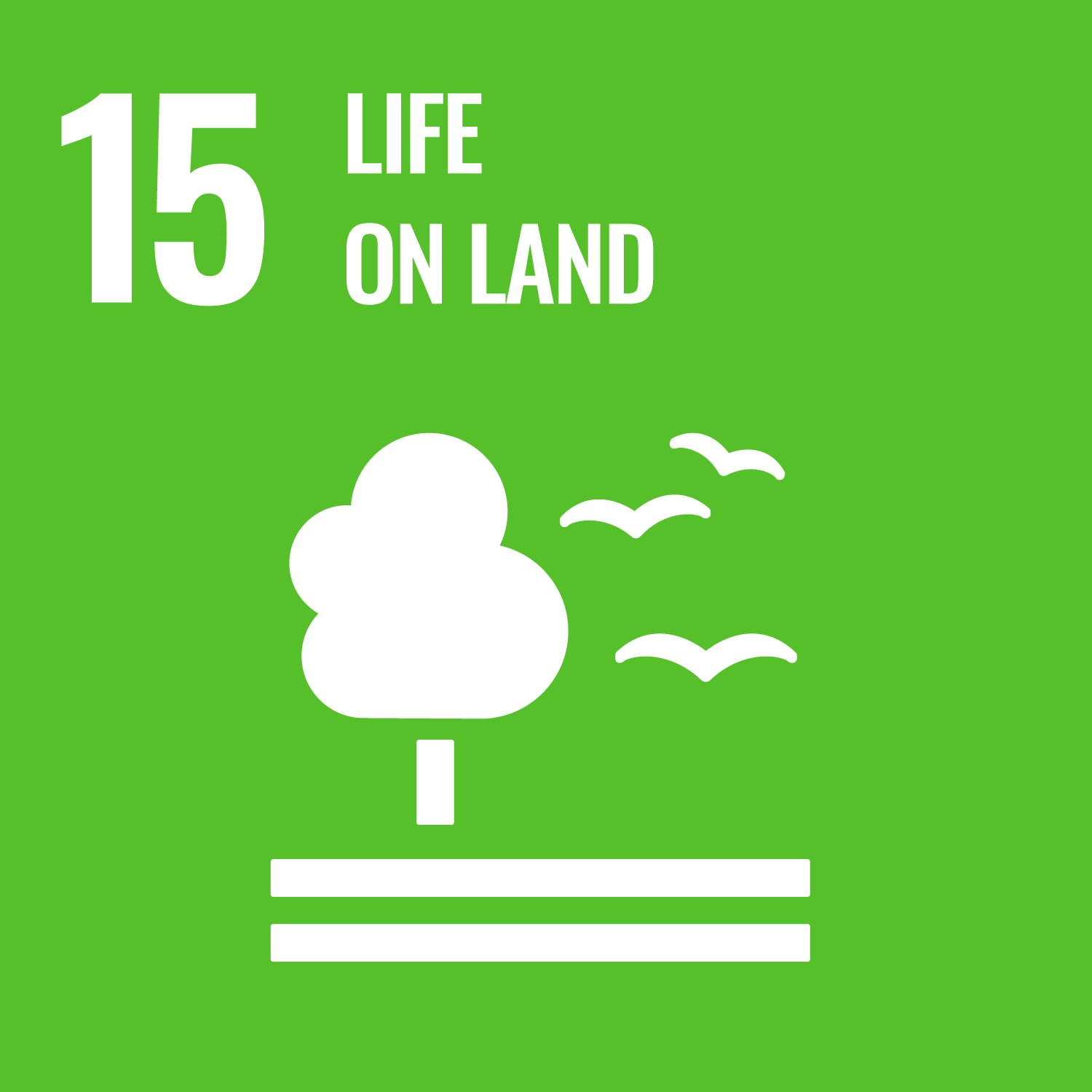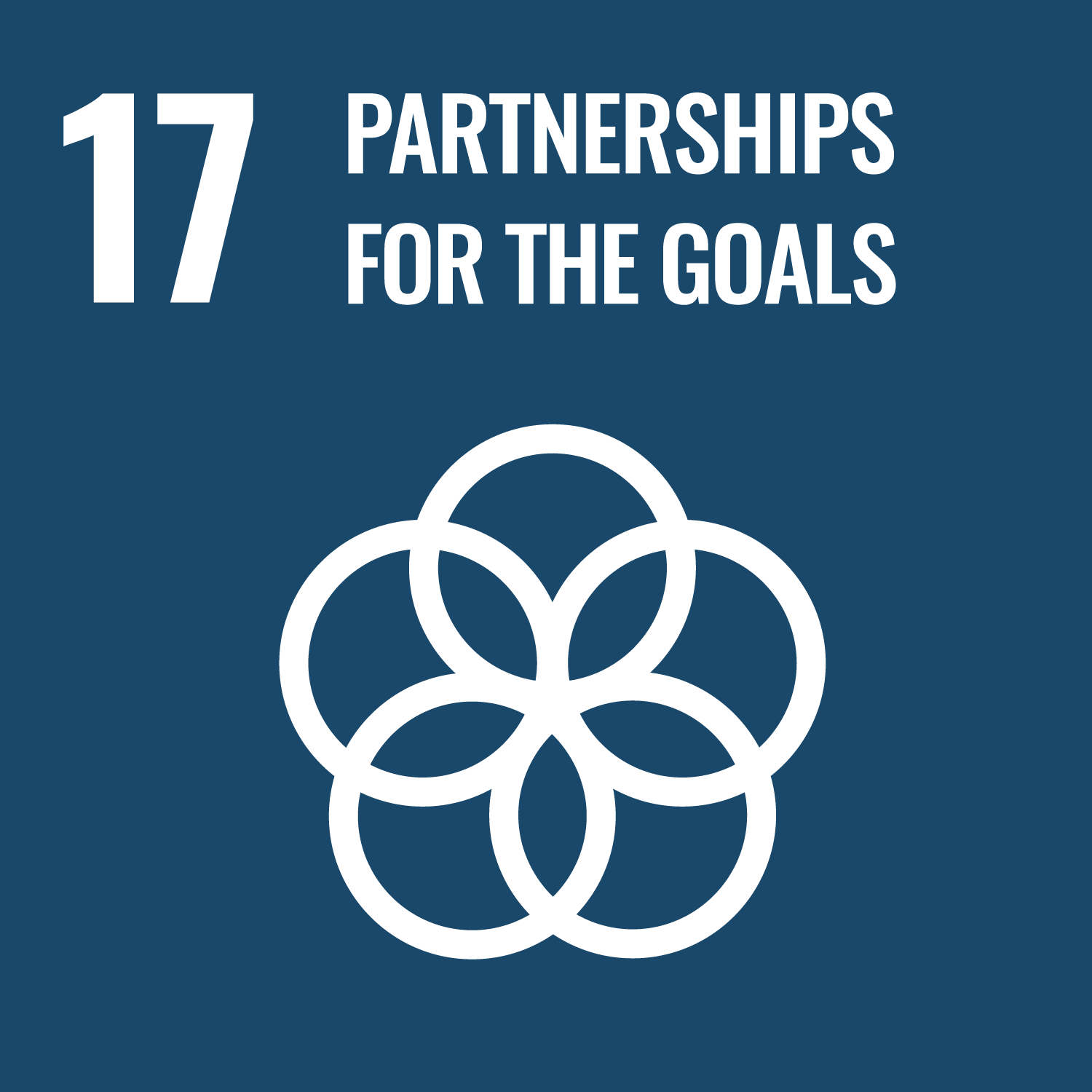Research Fellow – Water Technologist
Dr Szabolcs Pap
Szabolcs is a Research Fellow at the Environmental Research Institute with an environmental-chemical engineering background. He has built experience in academia through studying, lecturing, and undertaking research. He holds a broad range of interdisciplinary research interests, but has a focus on:
adsorption technology for the removal of emerging contaminants (metals/metalloids and organics such as pharmaceuticals, flame retardants and dyes).
biochar synthesis, functionalisation and characterisation from bioresources and other waste/raw materials (within the principles of a circular economy).
wastewater treatment and nutrient/resource recovery.
R&D, knowledge exchange and implementation of bench-scale treatment technologies within the water sector (scale-up and pilot testing).
Szabolcs is also an early career researcher (ECR) representative for UHI in SULSA (Scottish Universities Life Sciences Alliance), a member in the Environmental Biotechnology Network (EBNet) ECR working group and the UK’s “Resource Recovery Technical Working Group”.
Szabolcs also lectures for two UHI courses (i.e., Sustainable Energy and Waste Minimisation, and Environmental Processes).
-
2023-Present: Research Fellow, ERI-UHI
2017-2023: PDRA Researcher, ERI-UHI
2018-2024: Teaching Assistant with PhD, University of Novi Sad
2011-2017: PhD Environmental Engineering, University of Novi Sad
2010-2011: MSc Environmental Engineering (First Class), University of Novi Sad
2006-2010: BSc Environmental Engineering (First Class), University of Novi Sad
-
Between 2017-21, much of Szabolcs’s research focused on a large EU Interreg project (Phos4You - PHOSphorus Recovery from wastewater FOR YOUr Life | Interreg NWE (nweurope.eu)). The main output being to demonstrate/pilot various P-recovery technologies. Szabolcs focused on helping to develop (with Veolia) a pilot plant to reclaim P from wastewater using fishery waste (crab shell) and testing the quality of various recovered materials produced by multiple EU project partners. Recently, his research has focused more on biochar – and on synthesis, functionalisation, characterisation and implementation of biochar within the water treatment sector and as a soil amendment. He has been a PI/Co-I on various funded research projects, from UK funders including the Industrial Biotechnology Innovation Centre (~£182K), Royal Society of Chemistry (~£14K), Royal Society (~£20K) and the Scottish Funding Council (three Innovation/Advanced Innovation Vouchers - ~£40K).
Whyte & Mackay
Other projects:
ERAMUS+ Key Action 1 – mobility for learners and staff – Higher Education Student and Staff Mobility with University of Novi Sad.
Carnegie Incentive Grant - Removal of CIP3 priority contaminants with biochars derived from sewage-sludge: a ‘circular economy’ approach for sustainable water treatment.
SULSA-CENSIS Innovation Fund - Clay/biochar composite for integrated resource recovery with DRAM and FILTRAFLO™-P systems.
Coop Carbon Innovation Fund - “Green Shoots from Blue Growth - Creating Blue/Green Circularity”
-
PhD students:
Huiyi Zhang: Can marine plastics be used as adsorbent for emerging contaminants in aquatic system?
Lisa Shearer: Distillery and shellfish by-products as sorbents for sustainable water treatment.
Yaoguang Song: Thermochemical conversion of biomass lignin into mesoporous carbon materials.
Manuel Valdivia: Nanomaterials and photonic solutions. Novel ‘at source’ approaches to stop hospital derived pharmaceuticals reaching the sewer network.
MRes students:
Kira Lutter: Unravelling the impact of potentially toxic metals from functionalised biochar on soil and plants.
Joseph Perry: Could Investment in Biochar offer The Highland Council a low-cost route to Net Zero?














